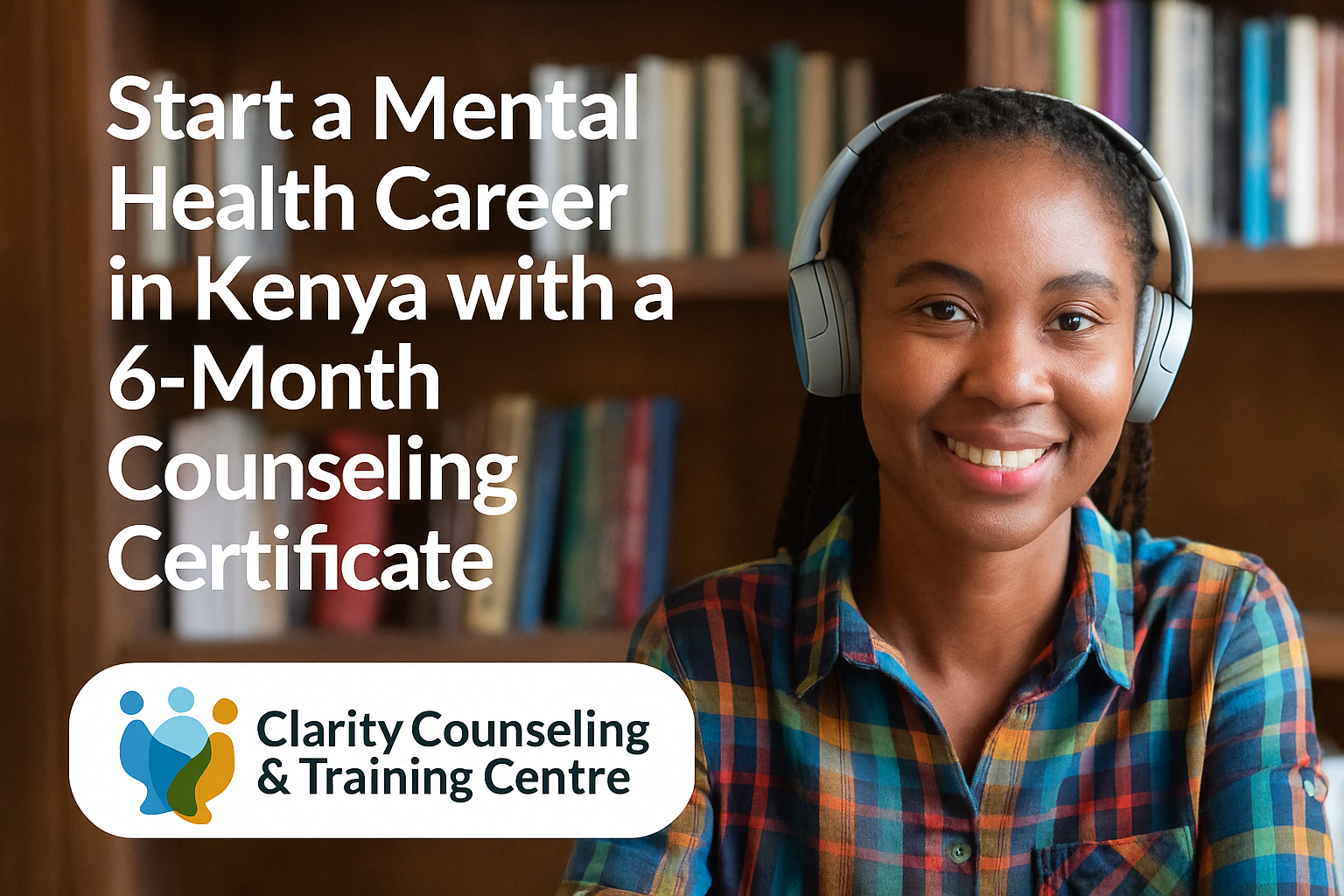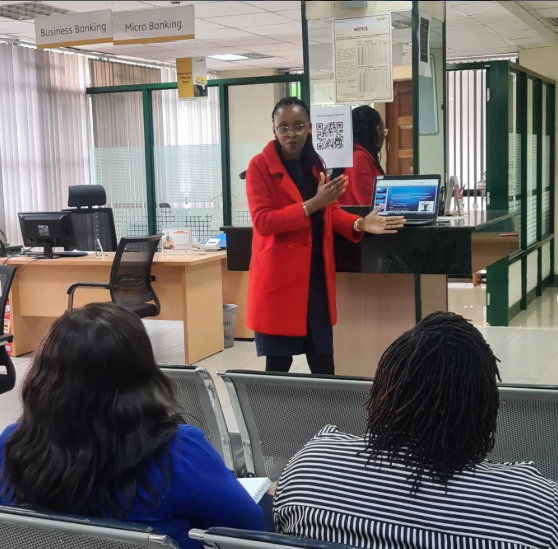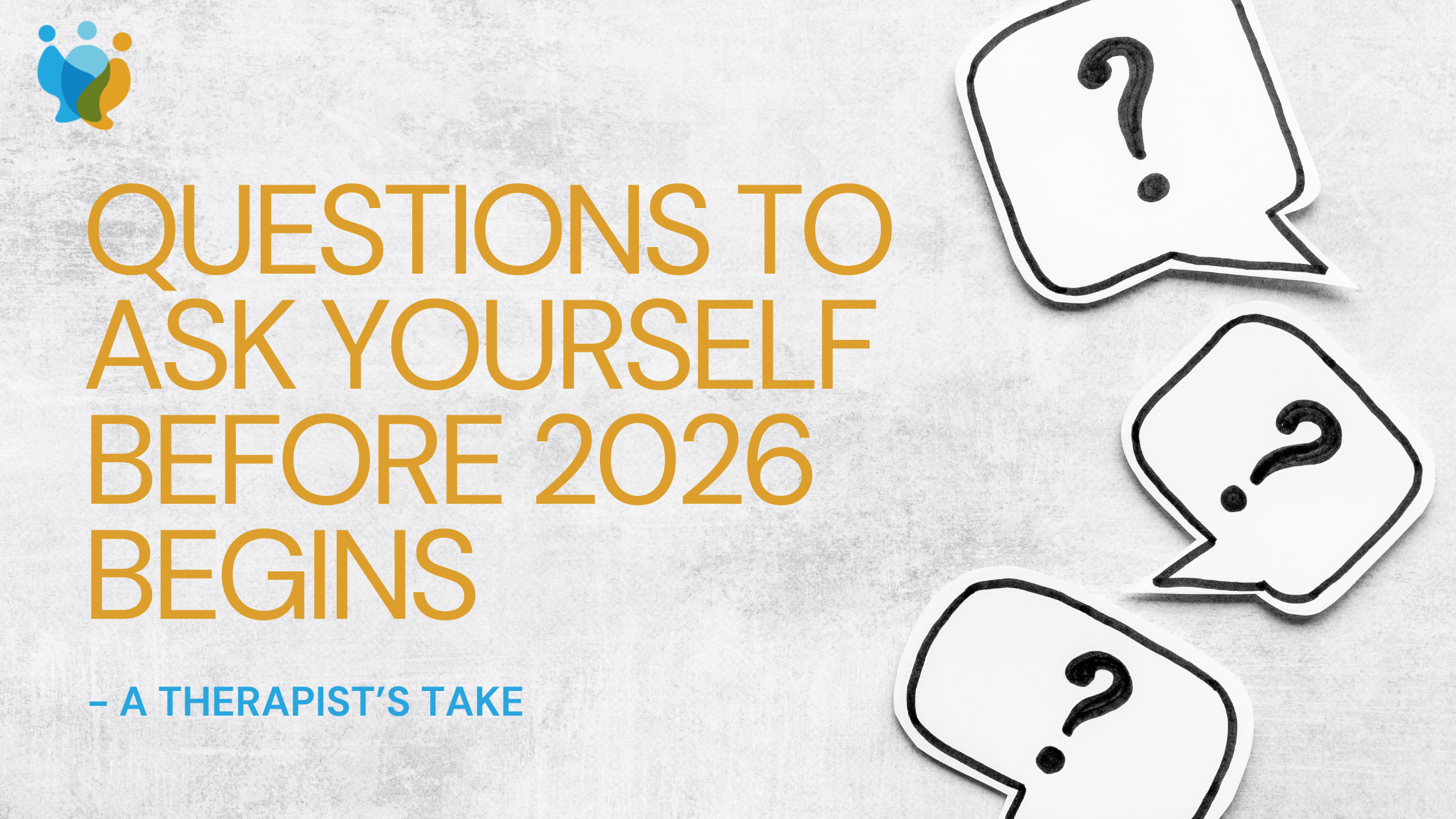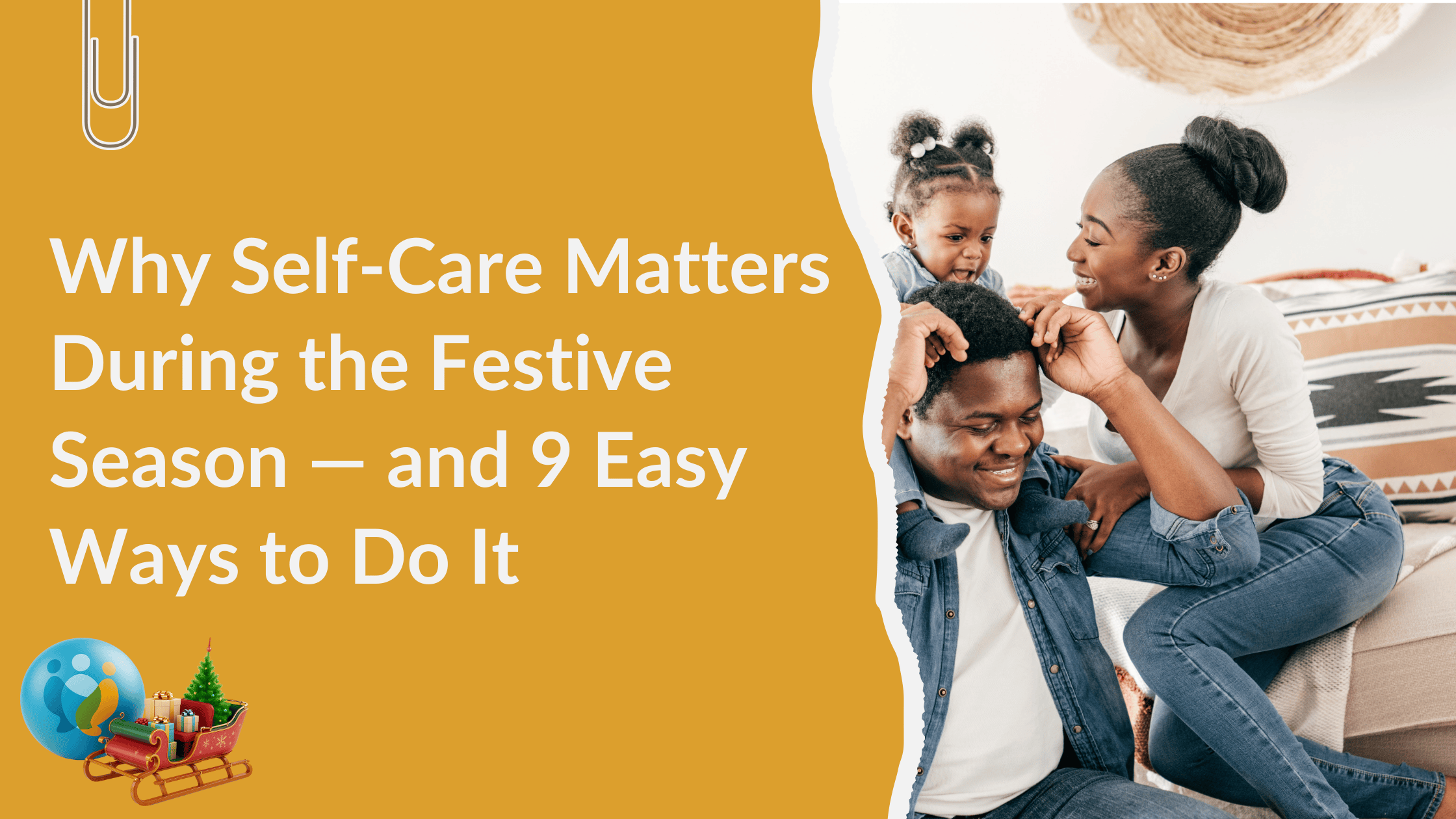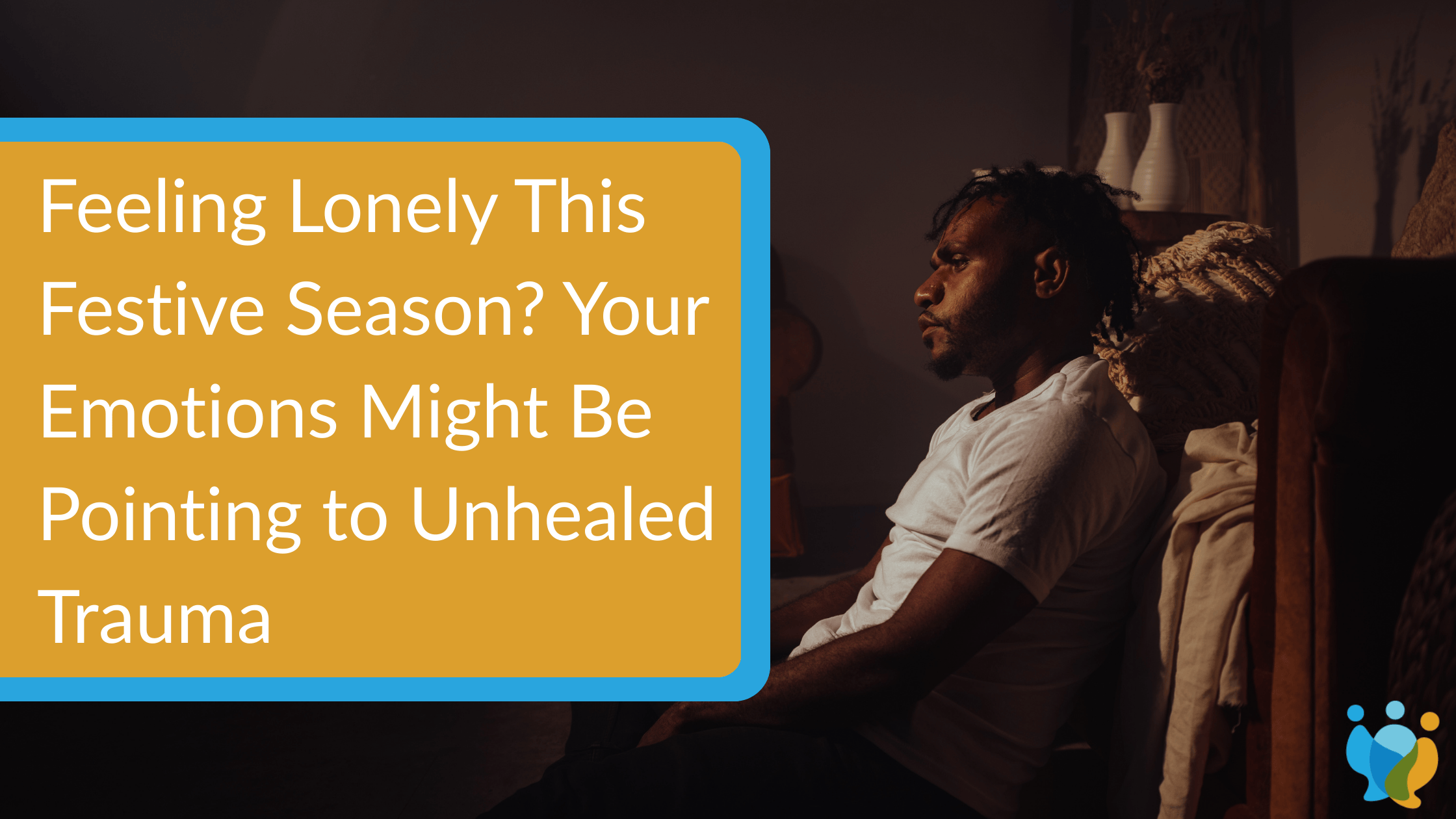Toxic Relationships in Nairobi; How to Get Out

Toxic Relationships in Nairobi; How to Get Out
Debbie is in a toxic relationship with Fred, and she feels stuck. They have been together for nearly five years, but she feels her quality of life has diminished. Fred often criticizes almost everything she does, he doesn’t respect her boundaries, and when she makes a mistake, he verbally abuses her and makes her feel worthless.
Debbie feels isolated because she cut off her relationship with family and friends after meeting Fred. She later realized Fred manipulated her to stop communicating with them. He wanted to control her without outsiders telling her their relationship was unusual. What do you think Debbie should do?
In the next section, we will discuss five steps anyone in a situation like Debbie’s can take to get out of a toxic relationship. Truly, getting out can seem impossible if you are financially dependent, emotionally entangled, and facing threats. But you deserve a better life free of manipulation and living in fear. Let’s get right into the steps.
Step 1: Recognize When the Relationship Has Become Toxic
By now, you may have discovered that a toxic relationship doesn’t start that way. The person is usually fantastic at first. They go out of their way to please you and say all the right words. However, things change gradually, and you may notice that they want to control every detail of your life.
Afterward, they become jealous of your friends and family, resort to manipulation, threaten you, verbally or physically abuse you, and always make you feel guilty even for their mistakes. Facing the reality of the toxicity you are experiencing can help you find clarity that wanting to get out is the right decision.
Step 2: Seek Support from Trusted Friends and Family
Your relationship with family and friends may not be all that good after you reduced communication with them, but that doesn’t mean they stopped caring about you. Sharing with them your experience with your toxic partner can help validate your feelings and confirm that what you’re going through is not normal.
Besides, they can even point out the change in your personality and behaviour after you entered that relationship. They will also be the support system you need to help you make a plan and exit the relationship.
Step 3: Create and Execute Your Exit Plan
After you are sure this is what you want and all other means of improving things haven’t worked, you can create your exit plan. Consider where you will go. Will you rent your own house or live with a relative or friend for some time? Next, open a separate bank account (if you hadn’t already) and start depositing money to help you with the move. If you need additional finances, talk to compassionate people in your circles to assist.
Cautiously start packing important documents, necessities, and cherished items and storing them in another location. Keeping the plans to yourself will prevent the situation from escalating, especially if you are dealing with an abusive partner.
Remember to keep trusted people aware of what you are doing if you need to leave before time. In riskier situations, people go with security personnel, police, or a few close friends on the day of leaving if they want to take more things.
Related: Emotional Codependency: 5 Signs Of Unhealthy Codependency
Step 4: Communicate Your Decision and Cut Off Contact
Once your exit plan is in place and you have left or are about to leave, choose a safe public place and have someone nearby as you communicate your decision to leave. You can also inform them on a call if facing them may be challenging for you. Calmly tell them the relationship is over, and you will stop all communications with them.
Resist being drawn to negotiations or apologies. Instead, stand firm on your decision. Avoid going to places you previously shared or meeting with mutual friends. If you still have feelings for them, keeping your distance can reduce the urge to return. Block communication if they persist in communicating via phone, social media, or email.
Step 5: Remain Strong and Confident
Walking away from toxic relationships, whether short or long-term, is a major achievement. But, standing firm requires ongoing strength. The pull to go back and make things work can be overpowering, especially if your ex threatens self-harm or turns on their irresistible charm.
Be aware of manipulation tactics to undermine your resolve, and surround yourself with people who will remind you why you left. In addition, focus on self-care and even support groups (online or in-person) to keep you confident and accountable.
We are Here to Help
The aftermath of getting out of toxic relationships can include grief because you had hoped the relationship would last. You may have also invested your time, resources, and effort to make it work. And here you are, starting all over again. Consider talking to a professional counselor in Nairobi to help you process these feelings.
At Clarity Counseling Training and Counseling Center, we focus on helping clients recover from challenging situations like a history of being in toxic relationships. We will guide you through the grief process, help you deal with arising issues, and support you to find new meaning in life. Contact us today, and let’s get started.

